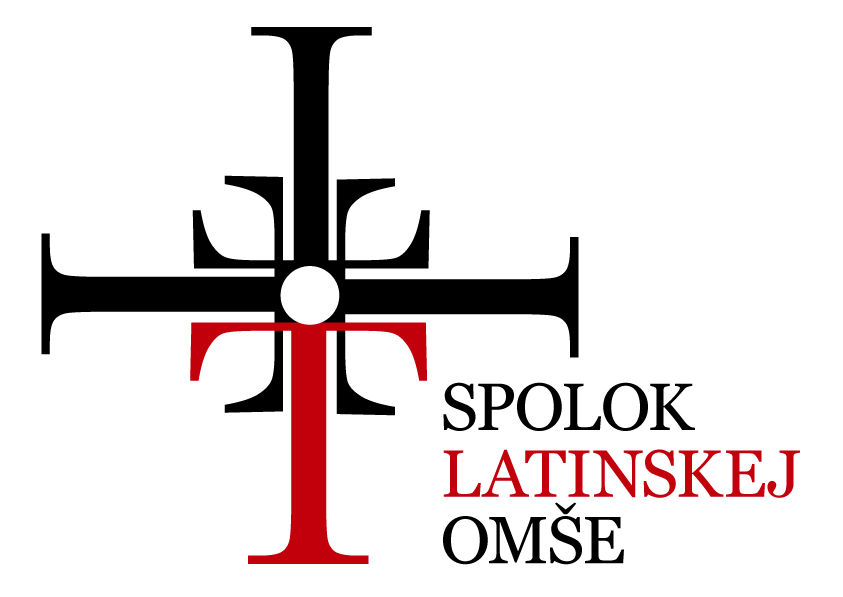Lord, preserve for us the legacy of the fathers
The Latin Mass Society of Slovakia is a lay movement which aims to maintain and spread reverence for the traditional Roman rite of Mass and to work to ensure that the so-called usus antiquior, as codified in the Missale Romanum of 1962, is maintained – both in practice and in law – as one of the forms of the Eucharistic celebration which are recognised and honoured in the universal liturgical life of the Church.
The Society desires to safeguard and promote the use of Latin, Gregorian chant and sacred polyphony in the liturgy of the Roman Catholic Church and to serve the Church by helping the members of the Society and all the Christian faithful to better understand, and to more fruitfully participate in, the Catholic Liturgy as a sacred action founded upon the principle of lex orandi, lex credenda est.
Why should the Traditional Mass be promoted?
In the Letter to Bishops which accompanied the motu proprio Summorum Pontificum, Pope Benedict explained, referring to the ‘earlier liturgical traditions’:
It behooves all of us to preserve the riches which have developed in the Church’s faith and prayer, and to give them their proper place.
If these traditions, and the riches they contain, were to be lost, the Church as a whole would be impoverished.
The saints and doctors of the Latin Church, from the sixth century up to 1970, knew the Mass and the other sacraments in forms identical or close to that preserved in the liturgical books of 1962. These forms were the basis of their spirituality and informed their theology. If modern Catholics are unfamiliar with these forms, or worse still reject them, they will find the writings and the spirit of these men and women alien, and will become disconnected from their own traditions.
These liturgical traditions contain, implicitly and explicitly, a perfect expression of the Church’s teaching, discipline, and spirituality. The incremental changes which took place in the Mass, accepted by the Church after great reflection, represent the Church’s unfolding of theological understanding. Those parts which were never or almost never changed, such as the Canon of the Mass, represent a sacred deposit regarded as fundamental by popes and doctors of the Church for more than fifteen centuries. The importance of this is encapsulated in the phrase ‘lex orandi, lex credendi’: the law of prayer is the law of belief.

